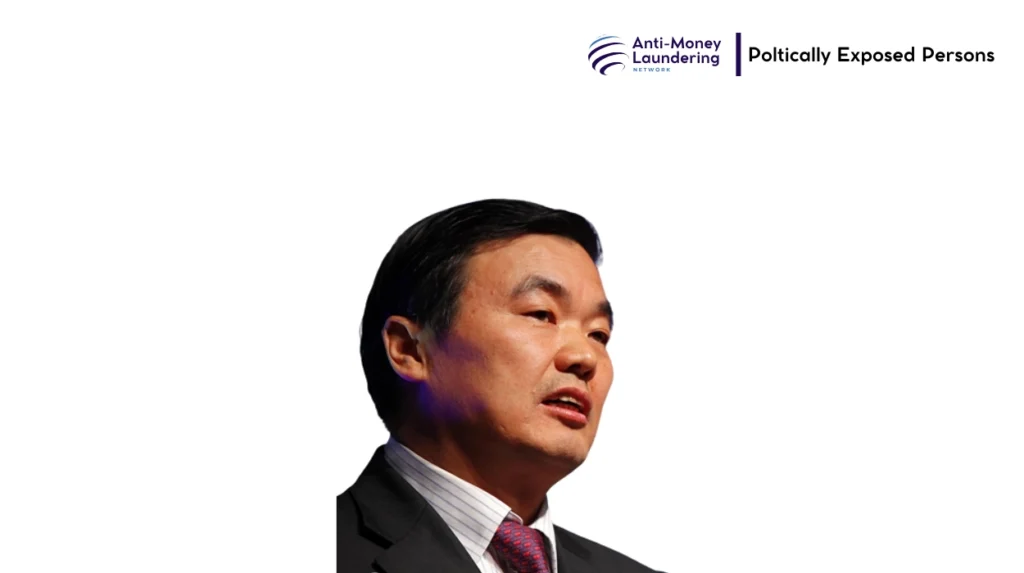Zhang Yong represents a quintessential example of how China’s politically exposed elites can exploit their high-ranking positions within opaque state-linked financial institutions. Operating in a system marked by concentrated power, limited transparency, and selective anti-corruption campaigns, Zhang’s case illustrates the inherent risks of financial misconduct and illicit wealth concealment. Despite credible suspicions tied to offshore entities and the systemic environment enabling impunity, no direct legal accountability has been levied, underscoring deep-rooted challenges in addressing elite corruption within China’s authoritarian framework.
Zhang Yong exemplifies the archetype of a politically exposed person in China’s opaque elite financial system. Holding high-ranking roles in state banking and commerce, Zhang operates within a political system that concentrates power while selectively applying anti-corruption measures, enabling the abuse of office for financial gain with minimal risk of prosecution. His involvement with offshore entities, while unconfirmed as illicit, aligns with common tactics to channel and conceal wealth from state and international scrutiny. This case underscores systemic vulnerabilities in China’s governance model, where political loyalty, not transparency or rule of law, governs elite accountability, thus fostering an environment conducive to money laundering and financial crimes by top officials. No direct investigations or sanctions against Zhang Yong are publicly known, highlighting the challenge of confronting elite financial misconduct in China’s authoritarian regime.

